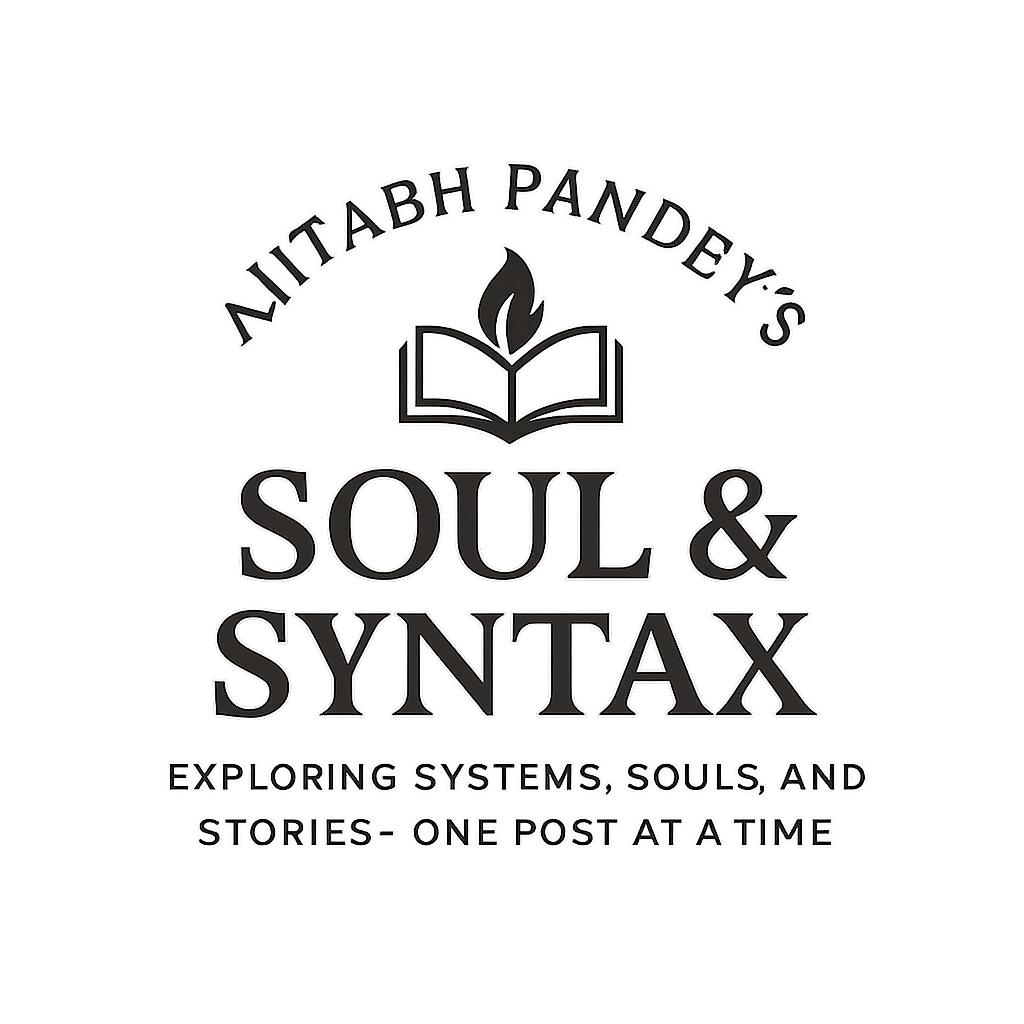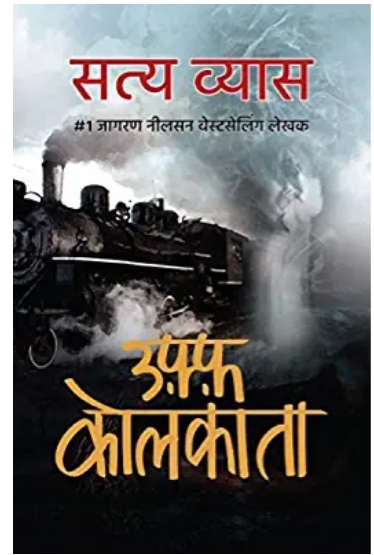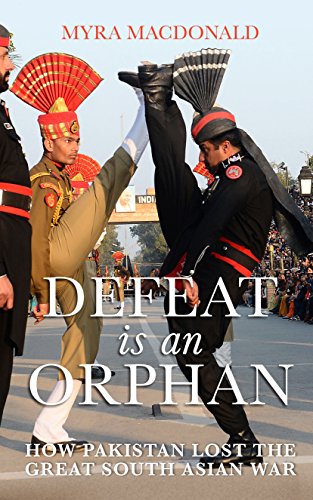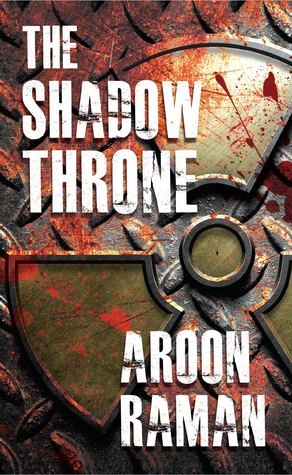
This brief biography is presented as a tribute to one of the most distinguished and legendary figures in the Indian Air Force (IAF). The goal is clear: to chronicle the extraordinary life, remarkable achievements, and lasting impact of Marshal Arjan Singh.
However, the book takes an interesting narrative turn, evolving into something broader than a focused personal biography.
While the expectation was a narrative centered on the Marshal’s personal journey from his humble beginnings to becoming the Chief of the Air Staff and the Marshal of the Indian Air Force, the book dedicates considerable time to the broader history of the IAF.
Specifically, the narrative delves deeply into the history of the No. 1 Squadron, covering its challenges and triumphs both before and after India’s independence, and exploring the wider historical context faced by the Air Force during that formative period. While this material is historically valuable and rich in context, it results in Marshal Arjan Singh himself appearing only intermittently throughout the chapters.
A Valuable Historical Resource
For readers already familiar with the history of the Indian Armed Forces, the book may not unearth a wealth of completely new information. However, it does shed light on certain lesser-known details regarding the early days of the IAF and the Indian Navy, military branches whose histories are often less thoroughly documented than that of the Indian Army.
Ultimately, the book shines as a significant historical resource.
- For the general reader, it offers a comprehensive and engaging look at the formative years of the Indian Air Force and its subsequent evolution.
- It highlights the strategic acumen and wartime leadership that shaped the IAF’s future, aligning with the description’s promise of historical depth.
The meticulous research undertaken by Group Captain Ranbir Singh (Retd.) pays tribute not just to the Marshal Arjan Singh, but to the entire era of the early IAF. Readers looking exclusively for an in-depth, personal biography of Marshal Arjan Singh may find the focus slightly diluted. But for those interested in a detailed account of the history and challenges of the Indian Air Force as viewed through the context of the Marshal’s career, this book is an important and insightful contribution. It captures the spirit of unwavering commitment and indomitable spirit that defined both the man and the institution he led.





